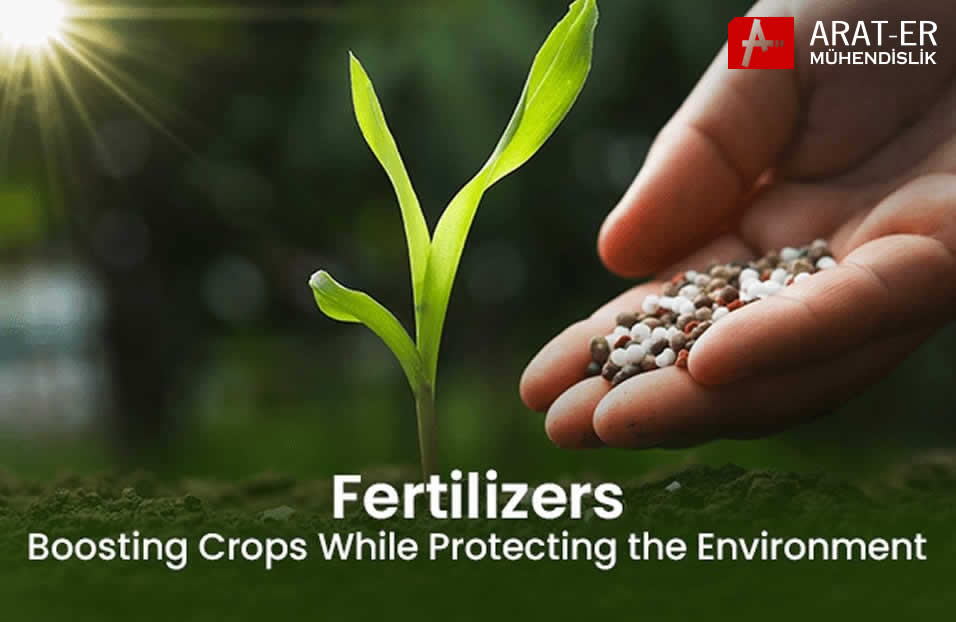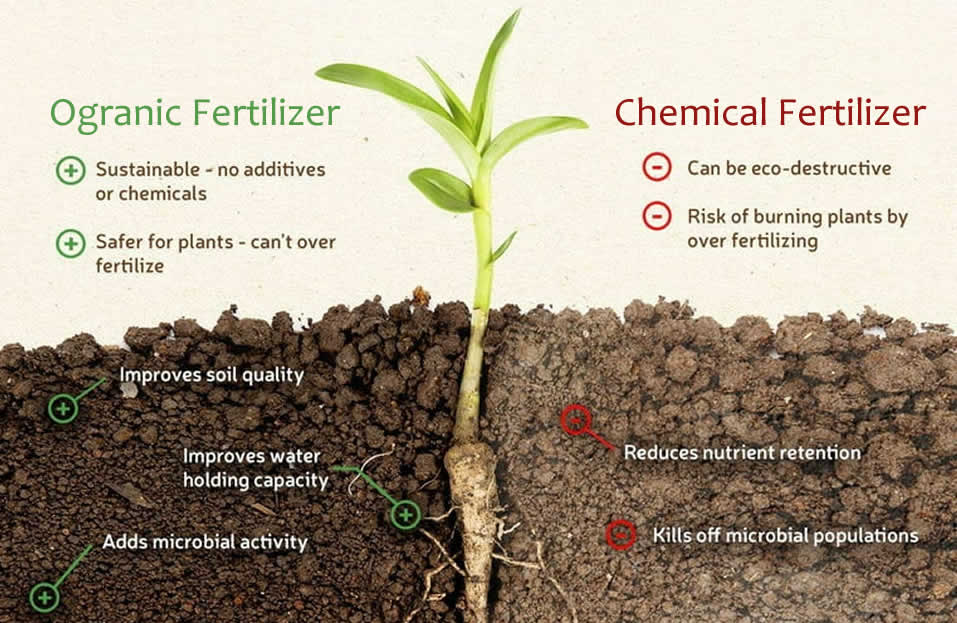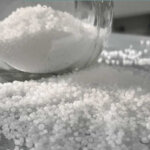Organomineral fertilizer production
Organomineral fertilizer production is a type of fertilizer obtained as a result of processing natural materials such as animal feces and plant waste. While Organomineral fertilizers of animal origin are generally obtained from animals such as cattle, chicken and pigs; Plant-based fertilizers are provided from plants or cultural residues left after agriculture.
Organomineral fertilizers are products that stimulate plant growth and increase soil fertility. They are applied to soil or directly to plants due to their capacity to provide vital nutrients. These products are used to not only increase crop yield and quality, but also to ensure that the soil maintains its productivity in the future.
You can contact us for our process engineering service regarding organomineral fertilizer production and get information by calling 0533 573 80 70.

Types of Organomineral fertilizer
Commercial Organomineral fertilizers are generally divided into three main forms powder, granule and liquid. Granular Organomineral fertilizer is the most commonly used form among these types and contains nutrients in a solid structure that must be dissolved or separated in order for nutrients in the soil to emerge.
Granular fertilizers are among the ideal options for growing special products such as herbs, spices, fruits and vegetables. In addition, it can be used successfully in various annual agricultural products such as wheat, barley, oats, flax, lentils, peas, corn, hemp, tobacco, potatoes and mustard. In addition, it is also suitable for orchards and vegetable cultivation. When viewed worldwide, Organomineral fertilizer granules are the most widely preferred type of fertilizer.
Theoretically, all biodegradable Organomineral materials can be converted into quality fertilizer. Organomineral fertilizer production is generally manufactured under the following headings.
Compost: It is formed by fermenting plant waste, vegetable peels and other Organomineral materials.
Cattle Manure: The feces of animals such as horses, cows, oxen, etc. are used for Organomineral fertilizer production, especially due to their rich nutritional content.
Chicken Manure: Known for its high nitrogen content. It should be used carefully for Organomineral fertilizer production.
Green Manure: It is used for organic fertilizer production by planting certain plants (e.g. legumes) and then burying them in the soil.
Organomineral fertilizer production process
Organomineral fertilizer production plays a vital role in the long-term preservation of environmental sustainability and agricultural productivity. These production methods, which are at the heart of sustainable agricultural practices, are extremely valuable in terms of improving soil health and preserving natural resources. In addition, the use of Organomineral fertilizers contributes to the prevention of environmental pollution by reducing dependence on chemical fertilizers. While increasing the productivity of agricultural lands, these practices, which also support food security, enable people to live in more harmony with nature and have access to healthy products.
Generally, all degradable organic wastes that go to landfill for composting are suitable for Organomineral fertilizer production. However, in order to obtain effective and high-quality compost, we recommend that the compost pile contains at least 60% animal manure and 40% other organic waste. In this way, it is possible to ensure the final quality of the compost.
You can carefully place carbon-rich materials (such as crushed straw, sawdust and rice hulls) together with animal manure in the fermentation channels. After this stage, our specially designed chute type compost turner will move along the channels to regulate the temperature and ventilate the piles evenly. As a result of the process, you can achieve high quality Organomineral fertilizer compost with high nutritional value in approximately 20-30 days.
The use of Organomineral fertilizer is a popular trend in agriculture. Organomineral fertilizer can provide many benefits for plants or soil. If you can produce your own Organomineral fertilizer, you can achieve greater economic efficiency and ecological benefits.




